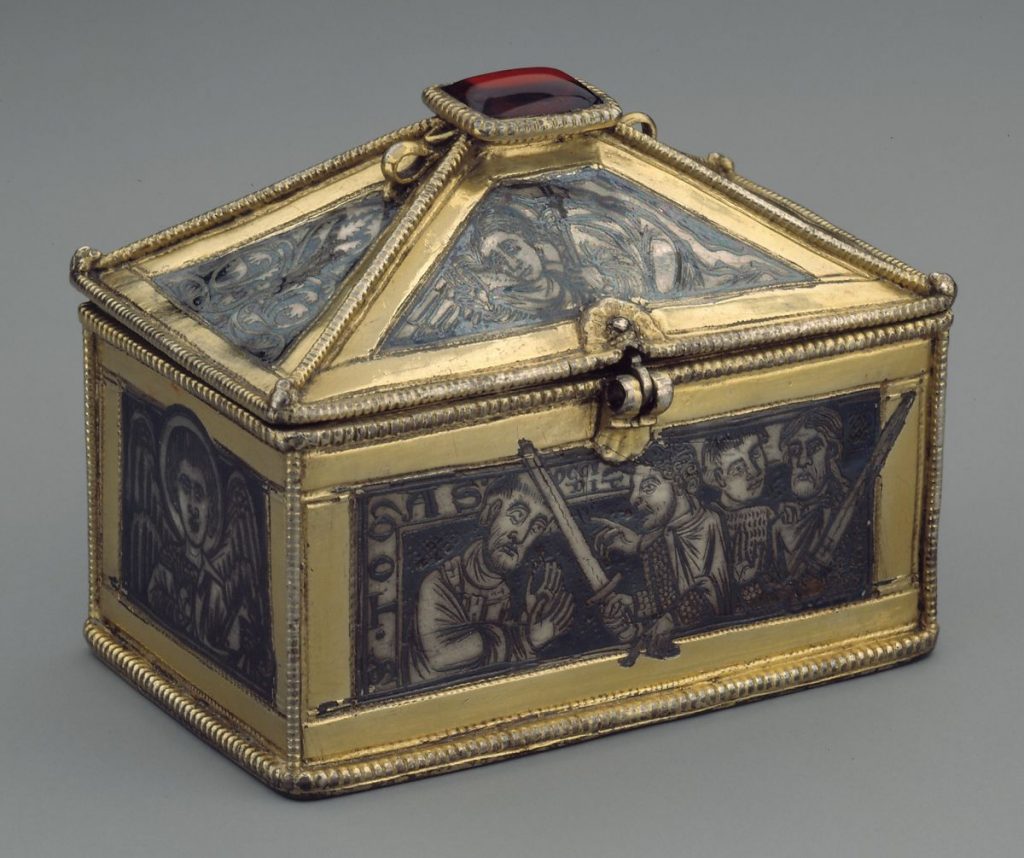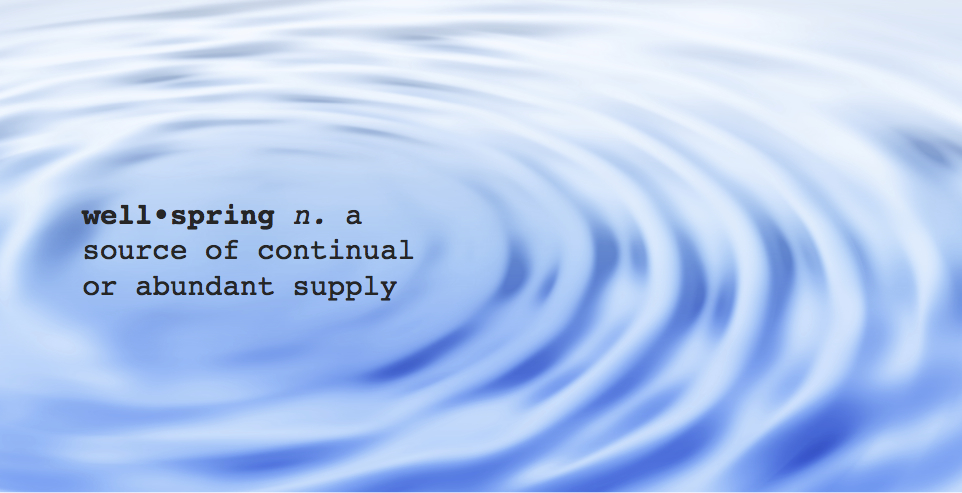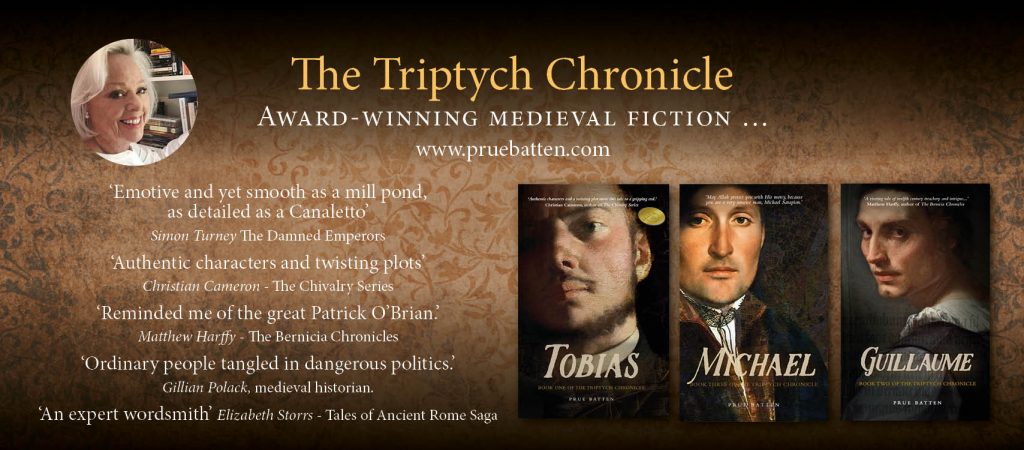Wellspring…
Life has a way of intruding upon one’s best intentions.
Sometimes, like birthdays and babysitting, those occasions are craved and enjoyed. Or farm and garden times, when the seasons demand one’s presence.
But then there are other times.
In my years of writing, there have been many moments that have consumed me and my writing hours – taken over, removing me from the keyboard. The funny thing is that one barely notices at the time because those things that interfere are usually so large, so all-encompassing, that writing a book really does seem like small bikkies by comparison.
But on reflection, each of the massive moments within my life had a profound effect. Ultimately, they gave me a wellspring on which to draw for my writing. How so, you might ask? Especially as I am most often a hist.fict writer living in the 12th century and these personal events have happened in the 20th-21st century…
It’s all to do with an emotional reservoir. I find that I am able to call upon my own reactions at the time of those events, in order to give my characters veracity, because emotion is something, we are told, that rarely changes through the ages. It is soul-deep, unreasonable and irrational and provides us with all the nuances that make us (and my characters) believable.
Some years ago, I lost my mother suddenly and dramatically and the numbness and heart-gripping pain will never be forgotten. Later, when grief had softened, I was able to draw on that for Ariella ben Simon’s loss in Guillaume. Or the minstrel’s loss of his brother in Tobias. Likewise, I can use it in upcoming Reliquary for the proposed loss of a significant parent.
My husband had cancer a year after Mum’s passing and I remember watching as they wheeled him into theatre. The sensation was as if I was standing outside of myself, coping whilst inside my whole being disintegrated. Much later, when my husband had healed and been given the all-clear, I was able to use that ghastly feeling of disassociation for Michael, when his small and dearly loved family drowned at sea.
When my husband had his life-threatening accident on the farm, the sheer terror of finding him, of having to get him to the homestead and into the ambulance inspired a whole (contemporary) novel called Passage.
In amongst the dramas are joy and laughter – a reservoir of ease that is the light to the shade. And to add an even stranger experience is the inevitable feeling of isolation that a pandemic lockdown generates. Is this what a novice, new to the exclusive nature of nunnery must feel? When the doors slam shut and one can associate with no one outside, not even family? Or the fear that this insidious plague may just drift into one’s own life and change it forever? Is this what folk endured at the outbreak of an historic plague? Feelings of terror, confusion and loss of control over one’s small life?

Working Title/Artist: Becket Reliquary Casket
Department: Medieval Art
Culture/Period/Location:
HB/TOA Date Code: 07
Working Date: c. 1173Ð1180
photographed by Schecter Lee in 1986, transparency 2
scanned by film & media 7/6/01
***
I like character-driven narratives and I need characters, be they mine or another writer’s, to be dimensional, nuanced … deep. It requires any writer to excavate every emotional experience they’ve ever had and to mould the bucketloads to fit within a novel. Sometimes, the most important research is to examine one’s own deeply personal experience and ask ‘what did it feel like?’
Any psychologist reading this would say that it’s a form of de-brief, of reducing the scale of an event on one’s psyche. My comment would be, ‘Well then, what a bonus!’
At any rate, hopefully any readers of my books will see the characters have a little bit of heart and soul and are all the more believable for that.
Cheers…





Leave a Comment